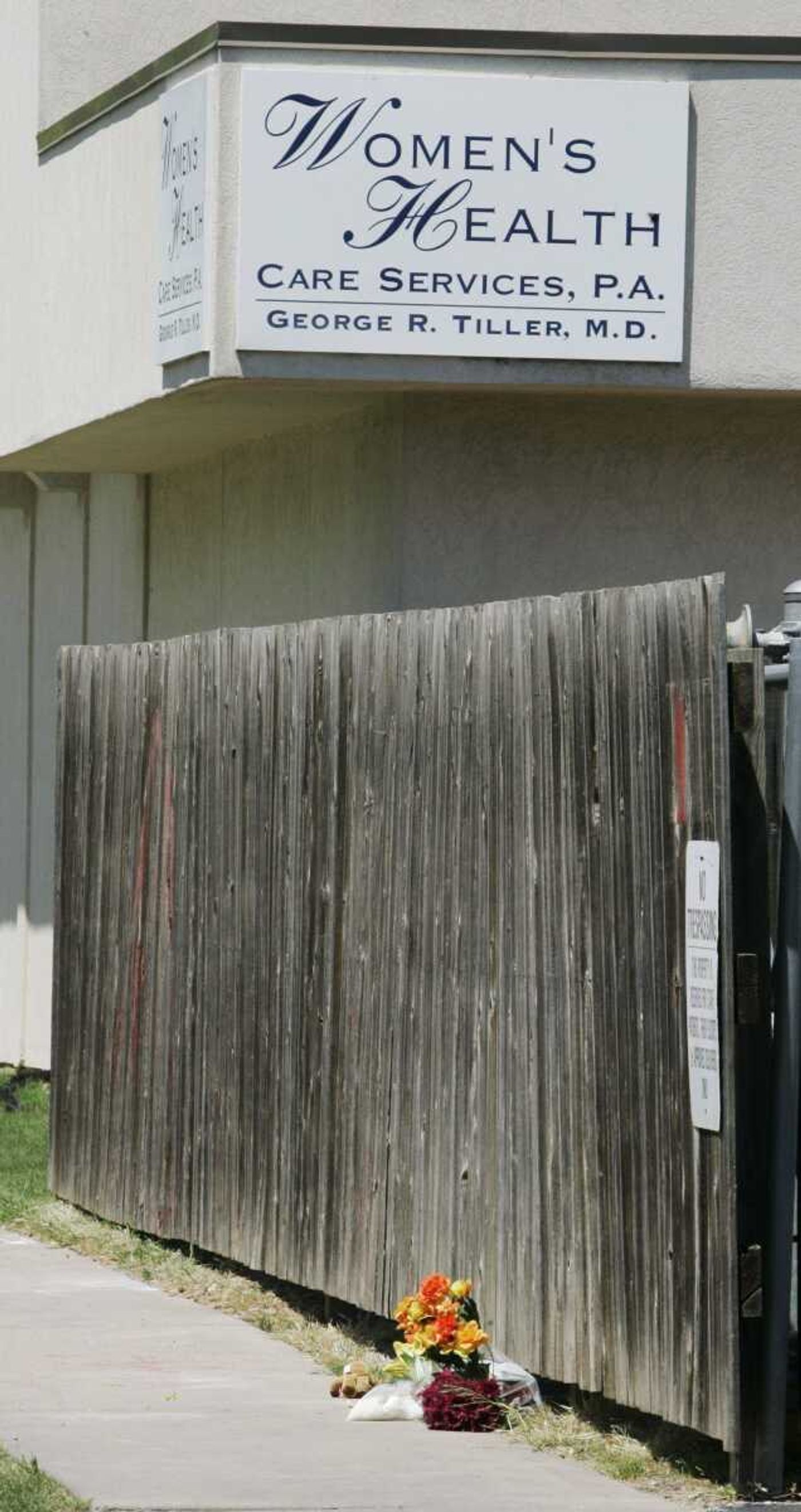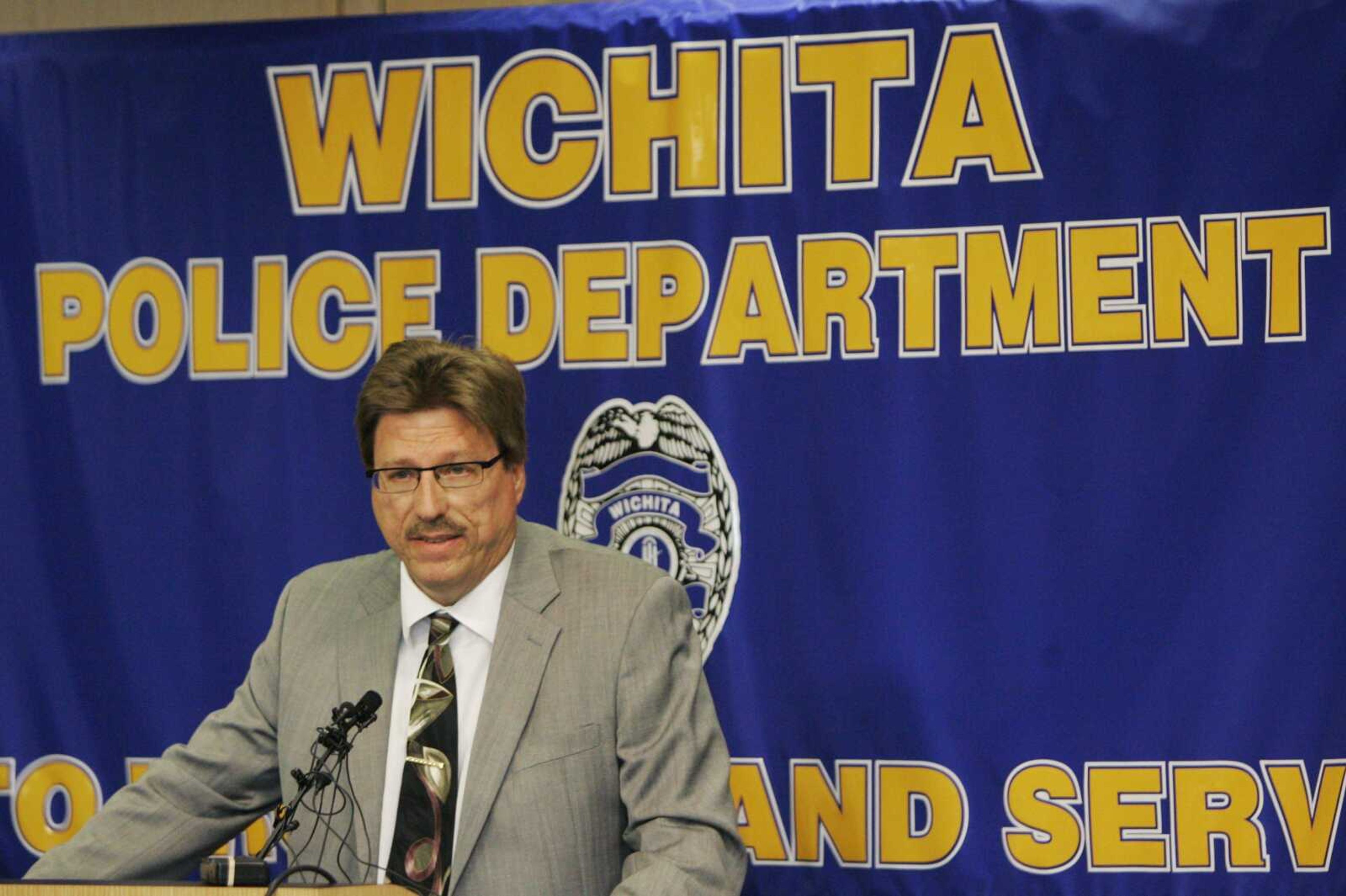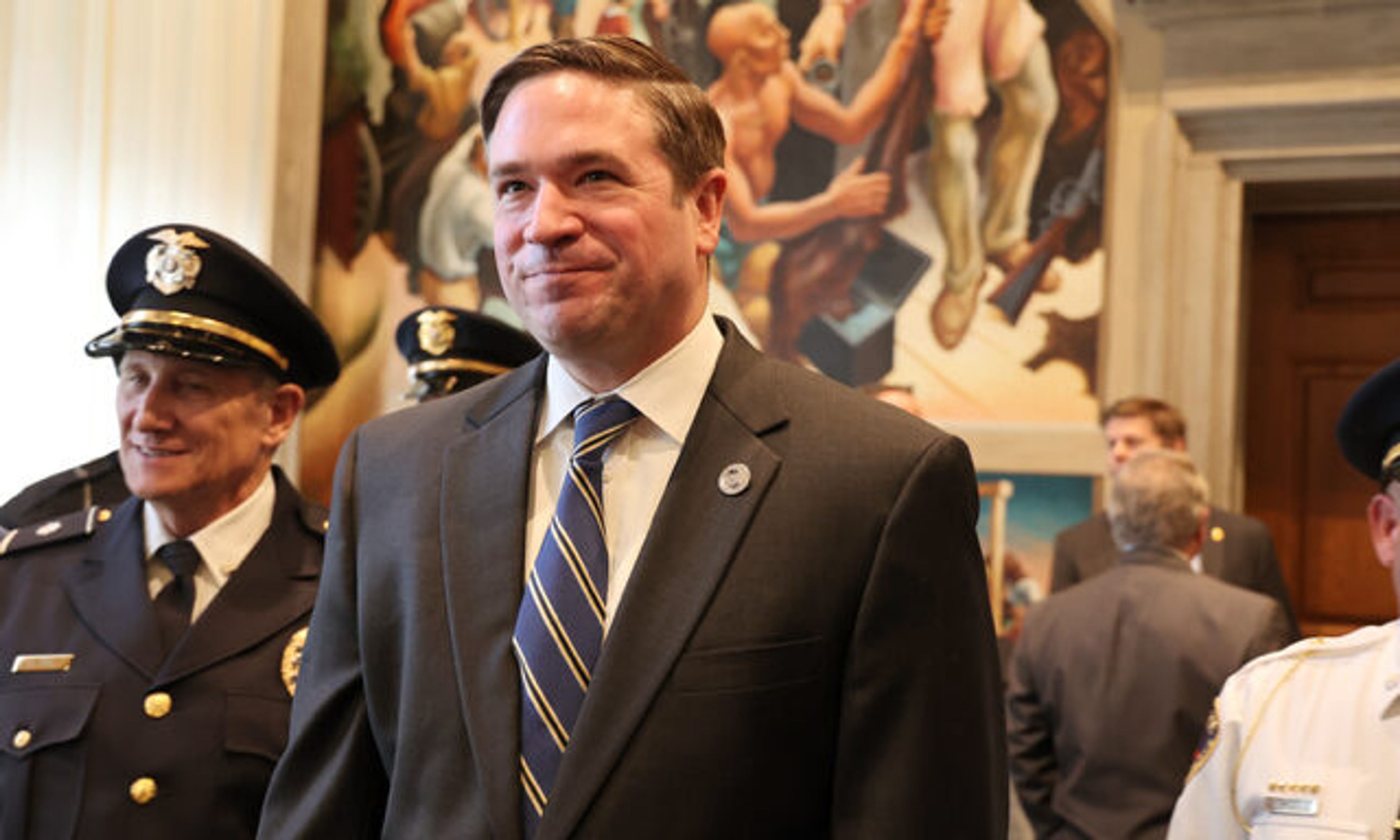Late-term abortion doctor shot in church
WICHITA, Kan. -- Dr. George Tiller, who remained one of the nation's few providers of late-term abortions through decades of protests and attacks, was shot and killed Sunday in a church where he was serving as an usher and his wife was in the choir...
WICHITA, Kan. -- Dr. George Tiller, who remained one of the nation's few providers of late-term abortions through decades of protests and attacks, was shot and killed Sunday in a church where he was serving as an usher and his wife was in the choir.
The gunman fled, but a 51-year-old suspect was arrested some 170 miles away in suburban Kansas City three hours after the shooting, Wichita deputy police chief Tom Stolz said.
Long a focus of national pro-life groups, including a summer-long protest in 1991, Tiller was serving as an usher during Sunday morning services when he was shot in the foyer of Reformation Lutheran Church, Stolz said. Tiller's attorney, Dan Monnat, said Tiller's wife, Jeanne, was in the choir at the time.
The suspect's name was not released; police had been looking for a gunman who fled in a car registered in the Kansas City suburb of Merriam.
Stolz said the man was being brought back to Wichita, where he would likely be charged today with one count of murder and two of aggravated assault. Stolz said the gunman threatened two people who tried to stop him.

The slaying of the 67-year-old doctor is "an unspeakable tragedy," his widow, four children and 10 grandchildren said in a statement issued by Monnat. "This is particularly heart-wrenching because George was shot down in his house of worship, a place of peace."
The family said its loss "is also a loss for the city of Wichita and women across America. George dedicated his life to providing women with high-quality health care despite frequent threats and violence."
Tiller's Women's Health Care Services clinic is one of just three in the nation where abortions are performed after the 21st week of pregnancy. The clinic was heavily fortified and Tiller often traveled with a bodyguard, but Stolz said there was no indication of security at the church Sunday.
A protester shot Tiller in both arms in 1993, and his clinic was bombed in 1985. More recently, Monnat said Tiller had asked federal prosecutors to step up investigations of vandalism and other threats against the clinic out of fear that the incidents were increasing and that Tiller's safety was in jeopardy. Stolz, however, said police knew of no threats connected to the shooting.
In early May, Tiller had asked the FBI to investigate vandalism at his clinic, including cut wires to surveillance cameras and damage to the roof that sent rainwater pouring into the building.

Pro-life groups denounced the shooting and stressed that they support only nonviolent protest. The movement's leaders fear the killing could create a backlash just as they are scrutinizing U.S. Supreme Court nominee Sonia Sotomayor, whose views on abortion rights are not publicly known.
"We are shocked at this morning's disturbing news that Mr. Tiller was gunned down," Troy Newman, Operation Rescue's president, said in a statement. "Operation Rescue has worked for years through peaceful, legal means, and through the proper channels to see him brought to justice. We denounce vigilantism and the cowardly act that took place this morning."
In 1991, the Summer of Mercy protests organized by Operation Rescue drew thousands of anti-abortion activists to this city for demonstrations marked by civil disobedience and mass arrests.
Tiller began providing abortion services in 1973. He acknowledged abortion was as socially divisive as slavery or prohibition but said the issue was about giving women a choice when dealing with technology that can diagnose severe fetal abnormalities before a baby is born.
Nancy Keenan, president of abortion-rights group NARAL Pro-Choice America, issued a statement praising Tiller's commitment.
"Dr. Tiller's murder will send a chill down the spines of the brave and courageous providers and other professionals who are part of reproductive-health centers that serve women across this country. We want them to know that they have our support as they move forward in providing these essential services in the aftermath of the shocking news from Wichita," Keenan said.
After the 1991 protests, Tiller kept mostly to his heavily guarded clinic, although in 1997 he opened it to three tours by state lawmakers and the media.
The clinic is fortified with bulletproof glass, and Tiller hired a private security team to protect the facility. Once outside the clinic, Tiller was routinely accompanied by a bodyguard.
At a recent trial, he told jurors that he and his family have suffered years of harassment and threats and that he knew he was a target of anti-abortion protesters.
Federal marshals protected Tiller during the 1991 Summer of Mercy protests, and he was protected again between 1994 and 1998 after another abortion provider was assassinated and federal authorities reported finding Tiller's name on an assassination list.
Tiller remained prominent in the news, in part because of an investigation begun by former Kansas Attorney General Phill Kline, an abortion opponent.
Prosecutors had alleged that Tiller had gotten second opinions from a doctor who was essentially an employee of his, not independent as state law requires. A jury in March acquitted Tiller of all 19 misdemeanor counts.
"I am stunned by this lawless and violent act, which must be condemned and should be met with the full force of law," Kline said in a written statement. "We join in lifting prayer that God's grace and presence rest with Dr. Tiller's family and friends."
Abortion opponents also questioned then-Gov. Kathleen Sebelius' ties to Tiller before the Senate confirmed her this year as U.S. Health and Human Services Secretary. Tiller donated thousands of dollars to Sebelius over the years.
Connect with the Southeast Missourian Newsroom:
For corrections to this story or other insights for the editor, click here. To submit a letter to the editor, click here. To learn about the Southeast Missourian’s AI Policy, click here.









